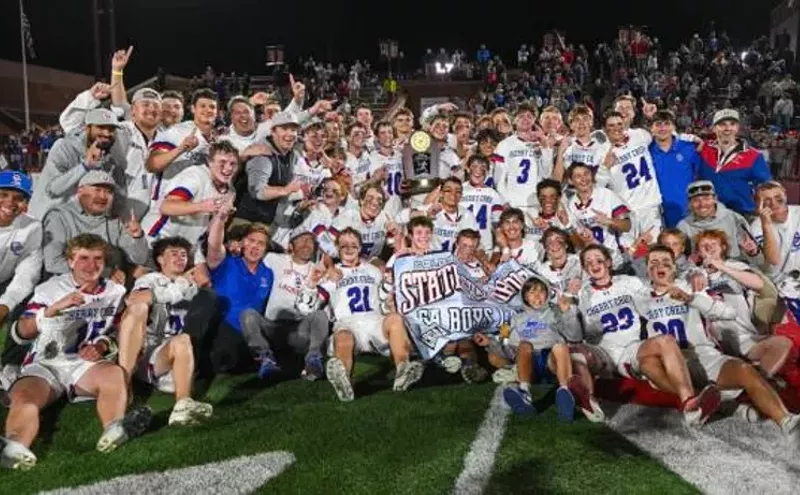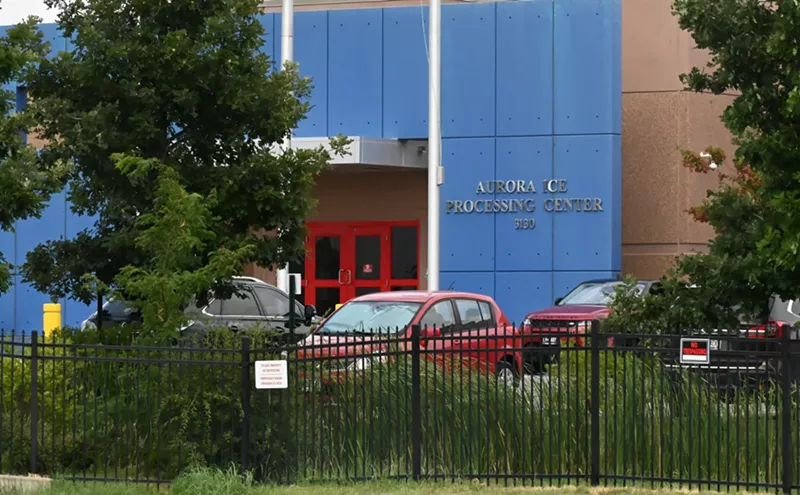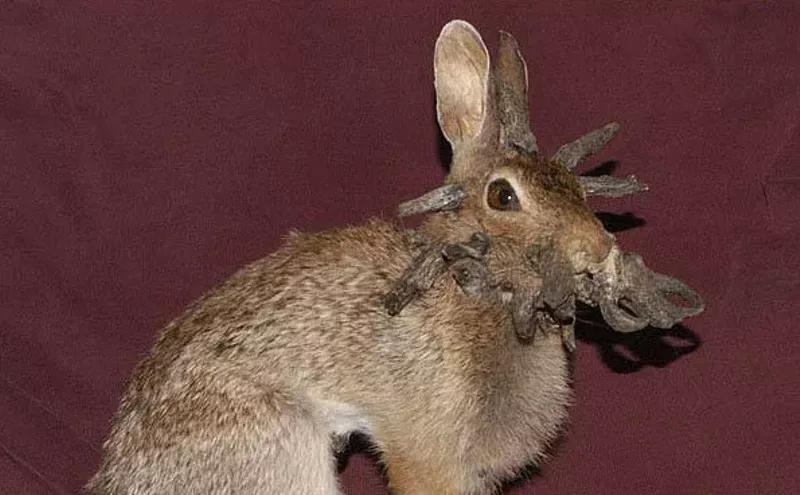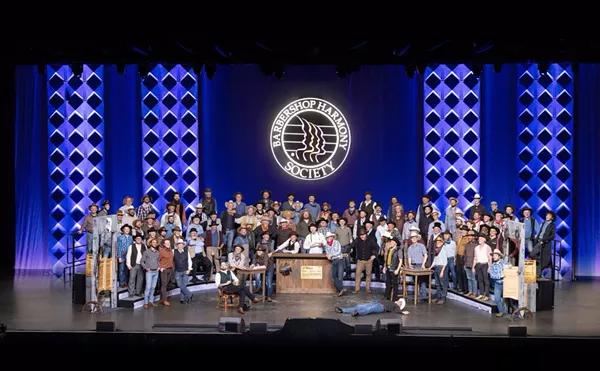Parties who attended what was supposed to be a secret January 22 meeting at Colorado State University insist that CSU executives and personnel from the Coloradoan, Fort Collins's Gannett-owned daily, never used the word "sale" when chatting about the Rocky Mountain Collegian student newspaper. But Collegian editor J. David McSwane, who made headlines nationwide for authorizing and defending a September 21 editorial reading "FUCK BUSH," believes that such a transaction is a very real possibility.
"Gannett's trying to buy the newspaper," McSwane declares, adding, "We're a quick buck. CSU can get a couple million dollars, throw it to the athletic department and let Gannett run the so-called student newspaper."
University spokesman Brad Bohlander disputes this supposition. CSU president Larry Penley sat down with Coloradoan publisher Christine Chin and editor Robert Moore "based on our relationship with the Coloradoan," Bohlander says, and not because the university had been "seeking to sell the Collegian or pursuing any changes over there." As for the reason the meeting was kept under wraps, he swears his motives were innocent: "I just didn't want to make a bigger deal out of this than there was." After a pause, he adds, "Obviously, my plan didn't work."
Indeed, McSwane received a tip about the meeting an hour before it was set to begin and immediately raced to Penley's office. "I caught him outside right after he got out of a meeting and asked him about it," McSwane says. "He told me, 'I've agreed to a meeting just as I would with you' — which was funny, because the truth is, I've asked for meetings with him lots of times and he tells me to go to Brad. And then I asked, 'Why can't I be in this meeting?,' and he just walked into his office. He didn't even answer me."
Undeterred, McSwane gathered nearby with a group that included fellow student-media types and random Collegian supporters. The size of the crowd caught Bohlander by surprise. As he recalls, "I walked downstairs and had a lobby full of student journalists who were under the perception that we're selling the paper, which is absolutely not true." Instead, Bohlander says the conversation at the meeting revolved around the prospect of a "strategic partnership" between the Coloradoan and the Collegian. Problem is, he doesn't describe precisely what he means by this exceedingly vague term, and publisher Chin sheds little more light. "No details were really talked about other than us saying, 'Let's see where this might go,'" she allows.
There are several likely directions, and a sale is certainly among them. Despite the downturn in the overall newspaper market, offerings that serve niche audiences, such as college publications, have been holding their own, and execs at big-time journalism conglomerates have noticed. In 2005, for example, E.W. Scripps, which owns the Rocky Mountain News and the Boulder Daily Camera, nabbed the Colorado Daily, a paper that had been directly affiliated with the University of Colorado at Boulder until the early '70s and continues to serve the student readership there. (Publisher Randy Miller, who sold the Daily to Scripps, left the paper in late December after purchasing a weekly in Arizona.) Likewise, Gannett picked up Florida State University's FSView & Florida Flambeau and the University of Central Florida's Central Florida Future in 2006 and 2007, respectively.
Like the Daily, the two Florida papers are technically independent, as is the Collegian. However, the Collegian is located on the CSU campus, uses university facilities and is overseen by the Board of Student Communications, which answers to the university's Board of Governors. Thanks to this tangled background, McSwane suspects that any sale would be mighty complicated — but he sees the university's motivation to unload the Collegian in simple terms. Last fall, as protests about the "FUCK BUSH" broadside began to rise, Penley weighed in against the paper. "I am disappointed that the Collegian's recent editorial choices do not reflect the expectations we have of our student journalists," he said in a September 21 statement that urged concerned readers to contact McSwane personally. Plenty did, but on October 4, a panel looking into the matter allowed McSwane to keep his job as editor. Then, in November, Bohlander says, agents for the Coloradoan requested a meeting with university officials to jaw about the campus paper.
Publisher Chin says this call was unrelated to the editorial brouhaha: She and Moore had huddled about formalizing a relationship with the Collegian before the uproar, she maintains. Nevertheless, McSwane calls the timing "extremely opportunistic" and feels that the Penley administration's actions typify its bias toward concealment. Katie Gleeson, who, as president of the Associated Students of Colorado State University (ASCSU), was the only student at the CSU-Coloradoan confab, also criticizes the lack of openness in the case. Prior to the meeting, she asked that someone from student media be invited; afterward, she reiterated her desire for a "completely transparent process."
After getting busted, Penley has apparently become a born-again believer in this philosophy. In a January 22 e-mail sent campus-wide, he wrote that he told Chin and Moore to submit ideas about a partnership, and "should the Coloradoan choose to move forward, we will make the consideration of the proposal a public process whereby input from students, faculty and staff will guide my advice to the Board of Governors in making any decisions."
Meanwhile, Bohlander is trying to allay fears that CSU might dump a troublemaking institution. He emphasizes that any pact must address educational and employment opportunities for students, enhanced involvement between journalism instructors and Collegian staff, and the needs of the student community as a whole.
Problem is, plenty of these folks already have a negative view of a Gannett deal, including several ASCSU members, who've drafted a resolution opposing an alliance, and the authors of a January 23 Collegian editorial labeled "Collegian Is Not for Sale." For McSwane, the stakes are every bit as high as the free-speech issues he confronted mere months ago.
"What they're talking about is a buyout, where students wouldn't control the newspaper anymore," he says. "Gannett would own us, and they could drive us into the ground, cut student salaries, get rid of the advisors. It's scary stuff."
Class conflict: The October 18, 2007, Message revolved around Boulder Daily Camera reporter Heath Urie, who was prevented from entering a class taught on the CU-Boulder campus by firebrand instructor Ward Churchill. Back then, neither Urie, who pressed charges against Churchill supporter Josh Dillabaugh after the incident, nor the infamous prof commented on the matter. But a few weeks after charges against Dillabaugh were dropped, both are weighing in — and their viewpoints have absolutely zero in common.
Urie expresses regret that he became part of the story: "That's something you never want to happen." Yet he thinks he and his photographer, Joshua Lawton, acted in a professional manner throughout, and he defends his decision to call the police after his forcible ejection. In his view, "When somebody lays a hand on you, that's when they cross the line." He's just as adamant that the accounts of the episode that emanated from Churchill's camp bear no relation to reality. "They're exaggerated, blown out of proportion and just inaccurate — and I stand for the opposite things as a reporter," he says.
Churchill begs to differ. Via e-mail, he argues that charges against Dillabaugh should never have been filed in the first place, especially considering his contention that Urie initially identified his alleged attacker as someone else entirely: TryWorks blogger Benjamin Whitmer.
After the authorities declined to prosecute Dillabaugh, Whitmer suggested the Camera pony up an I'm-sorry, and Churchill concurs. "Apologies are owed by the Camera not only to Whitmer, and even more so to Dillabaugh, but to everybody in the room that night — including yours truly — and to its readers," he writes as part of a Q&A at blogs.westword.com/latestword. "Any reputable newspaper would already have issued them. But, hey, we're talking about the Daily Camera. So neither the word 'reputable' nor the word 'newspaper' really applies." Churchill strikes the same chord when he's asked how the Camera has treated him in general. "Truth is," he responds, "I've received better treatment from the Klan."
Guess that's his burning cross to bear.












